Today’s CEOs are operating in a new landscape, with society and business becoming more intertwined and a broader group of stakeholders registering their expectations and demands.
In order to succeed, they must become a different kind of leader, looking beyond the company they steward to shape the ecosystem in which they operate. After talking to 105 board directors (many of whom are also CEOs) from 311 North American companies in 11 industries, the authors identified five steps today’s leaders must take:
1) Know the players in your ecosystem in order to unite around a shared objective
2) Empower your senior leaders to be thought partners, surrogates, and successors who an hold their own with investors, board members, and employees
3) Cultivate an enterprise mindset and an ecosystem skillset that will enable you to act beyond your typical sphere of influence
4) Build the infrastructure of industry coalitions, public-private partnerships, and other organizations who can connect the ecosystem
5) Anticipate the risk that comes from navigating a messy set of social and political interests. While the risks are real, so is the potential for upside.



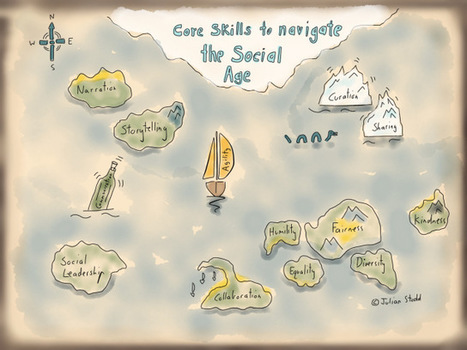


 Your new post is loading...
Your new post is loading...
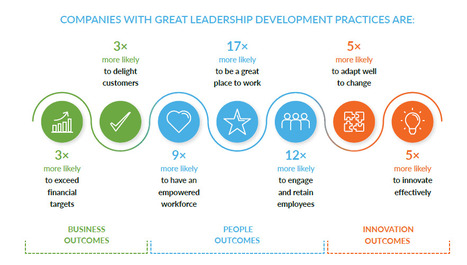

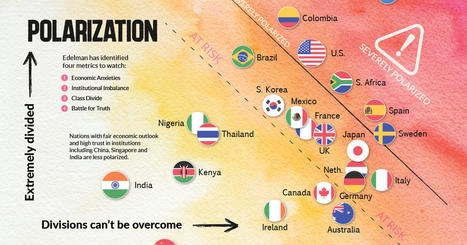

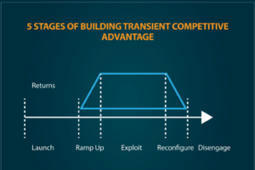






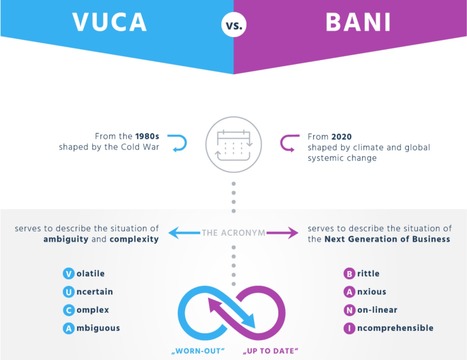


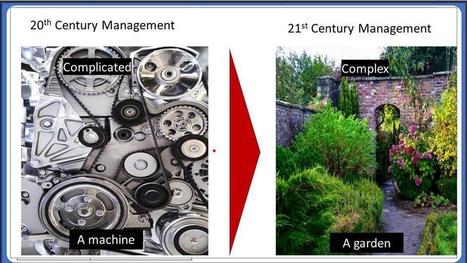
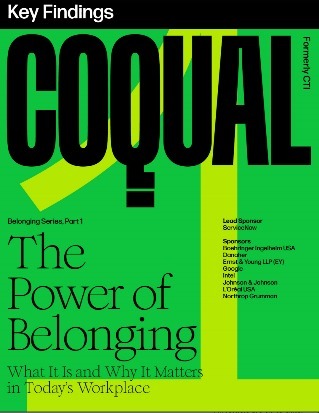

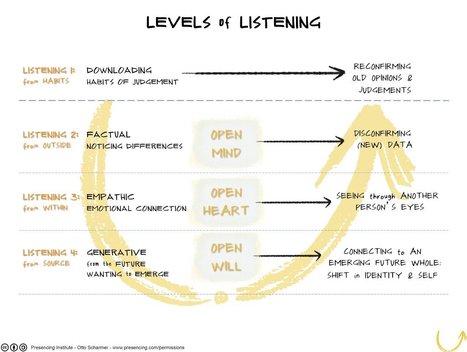


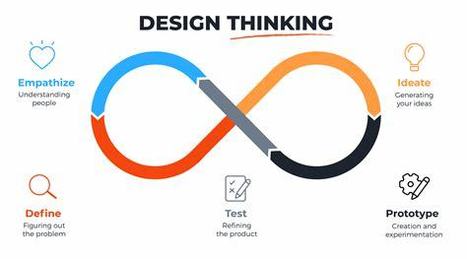





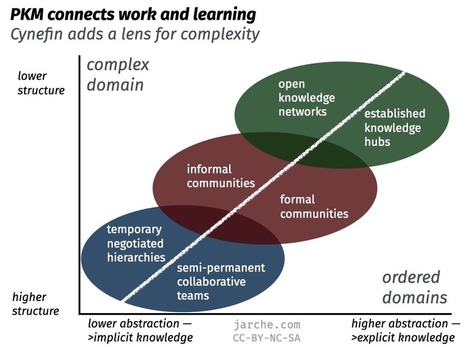
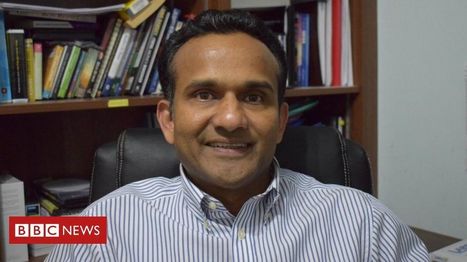





Leading in the social age is different. It really does require different skills to those many of us have been brought up with.
Being sufficiently agile to envisage the world differently and learn the skills required to be successful in it is an imperative. That agility may only be obtained when we release what we think we know and admit our own ignorance in certain areas. Only then may we be willing and able to learn again..